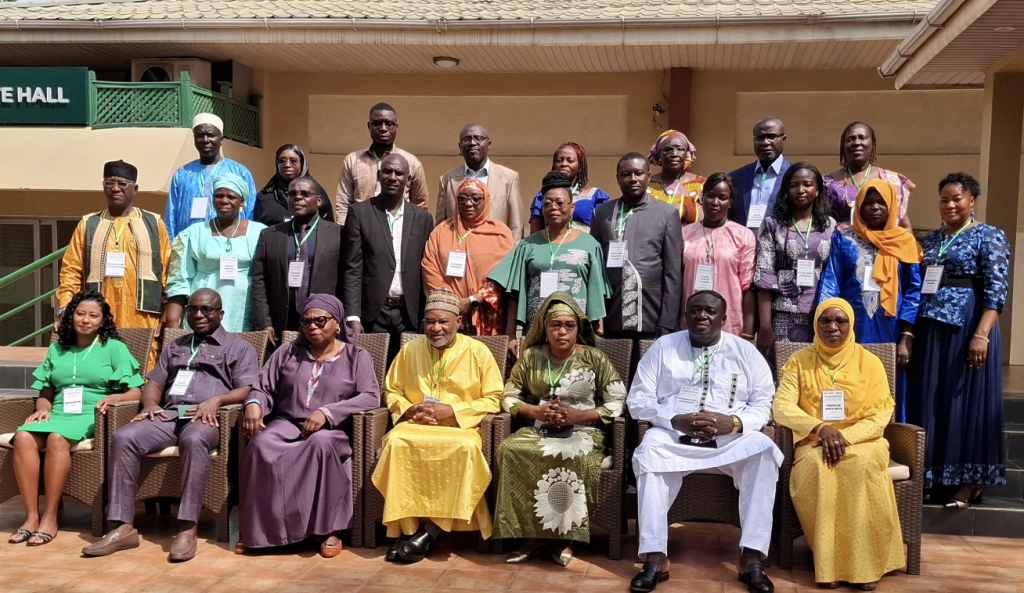Accra, May 21, GNA- The West and Central African Council for Agricultural Research and Development (CORAF) and the Food and Agriculture Organisation (FAO) are calling for the implementation of targeted programmes and policies to enhance the participation of women in agricultural advisory services.
The two institutions expressed concern on the marginalisation of women in accessing essential agricultural services despite being the most represented in the agricultural value chain.
They cautioned that the exclusion of women threatened food productivity and security on the continent and emphasised that gender dimensions should be factored in policies and projects in the sector.
These concerns were raised at the opening of a three-day regional training on gender and rural advisory services in Accra under the auspices of the CORAF in collaboration with the FAO.

The workshop, which was under the Food System Resilience Programme (FSRP), was intended to strengthen the capacities of researchers in National Centres of Specialization and Regional centres of Excellence on considering gender and social inclusion dimensions in agricultural research activities.
The participants were trained in approaches, methods and tools for the systematic consideration of gender dimensions in the generation, varietal selection, dissemination, access and adoption of technologies and innovations in agro-sylvo-pastoral and fisheries value chains.
Dr Mariame Maiga, Regional Gender Advisor for CORAF, said gender inequalities had grown along the agriculture value chain particularly with respect to access to essential input, advisory services and technology.

She expressed concern that the proportion of women engaged as agricultural extension officers were fewer compared to men and blamed the situation largely on cultural stereotypes that undermined the effective participation of women in male-dominated areas.
Dr Maiga called for the provision of incentives and training to empower women across the agriculture value chain and help address gender gaps sustainably and the adoption of gender responsive communication tools to support advocacy.
“We should ensure that underprivileged women and youth get access to technology to take advantage of food productivity to meet food demand,” she said.

Madam Terefe Bethel, Senior Gender Expert, FAO, said although women played significant roles as farmers as well as performing post-harvest duties, they faced greater marginalisationin access to essential services compared to men.
She said the involvement of women in agriculture was essential in ensuring sustainable food systems as well as reducing poverty in households.
“It is important for us to take into consideration the gender dimension and mainstream our approaches in programmes, policies, and provision of essential agricultural services,” she said.
Dr Kyky Ganyo, Assistant to the Coordinator for the FSRP-CORAF, said it was challenging that only few women worked as extensionists or agriculture advisory officers especially within the continent.
He said the situation must change to improve agriculture productivity on the continent through technology and continuous training.
GNA
Edited by George-Ramsey Benamba
